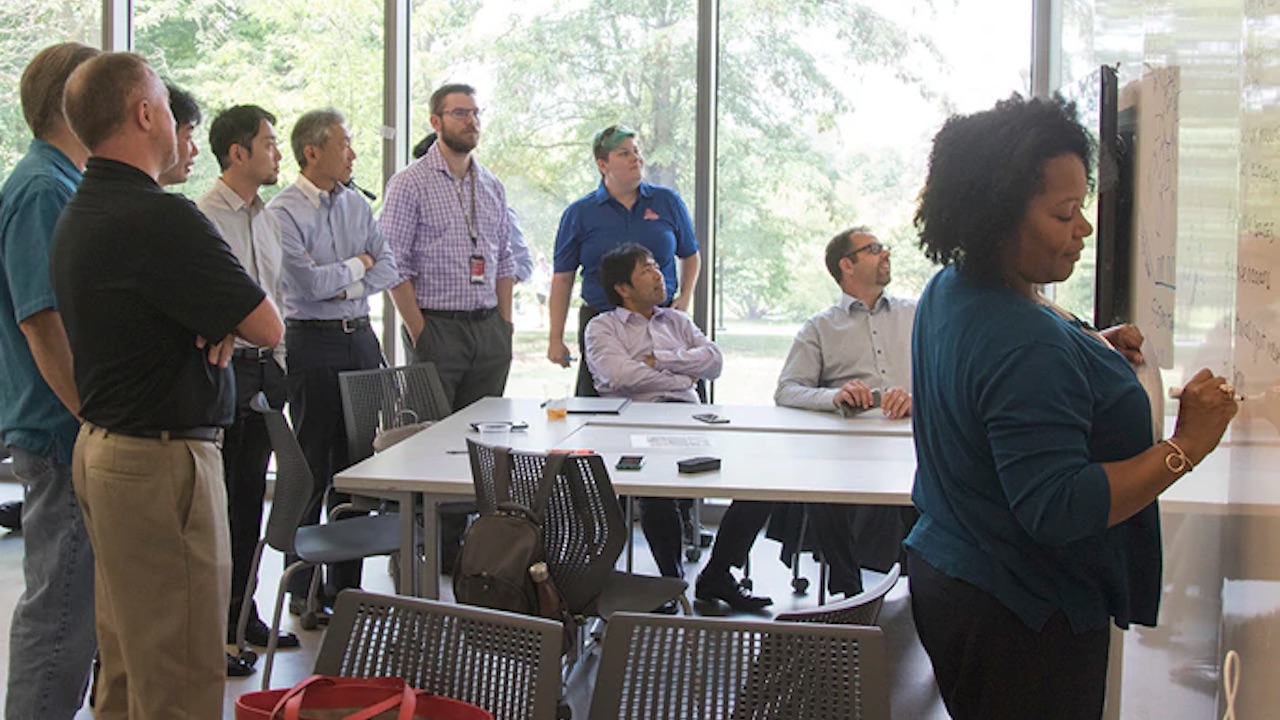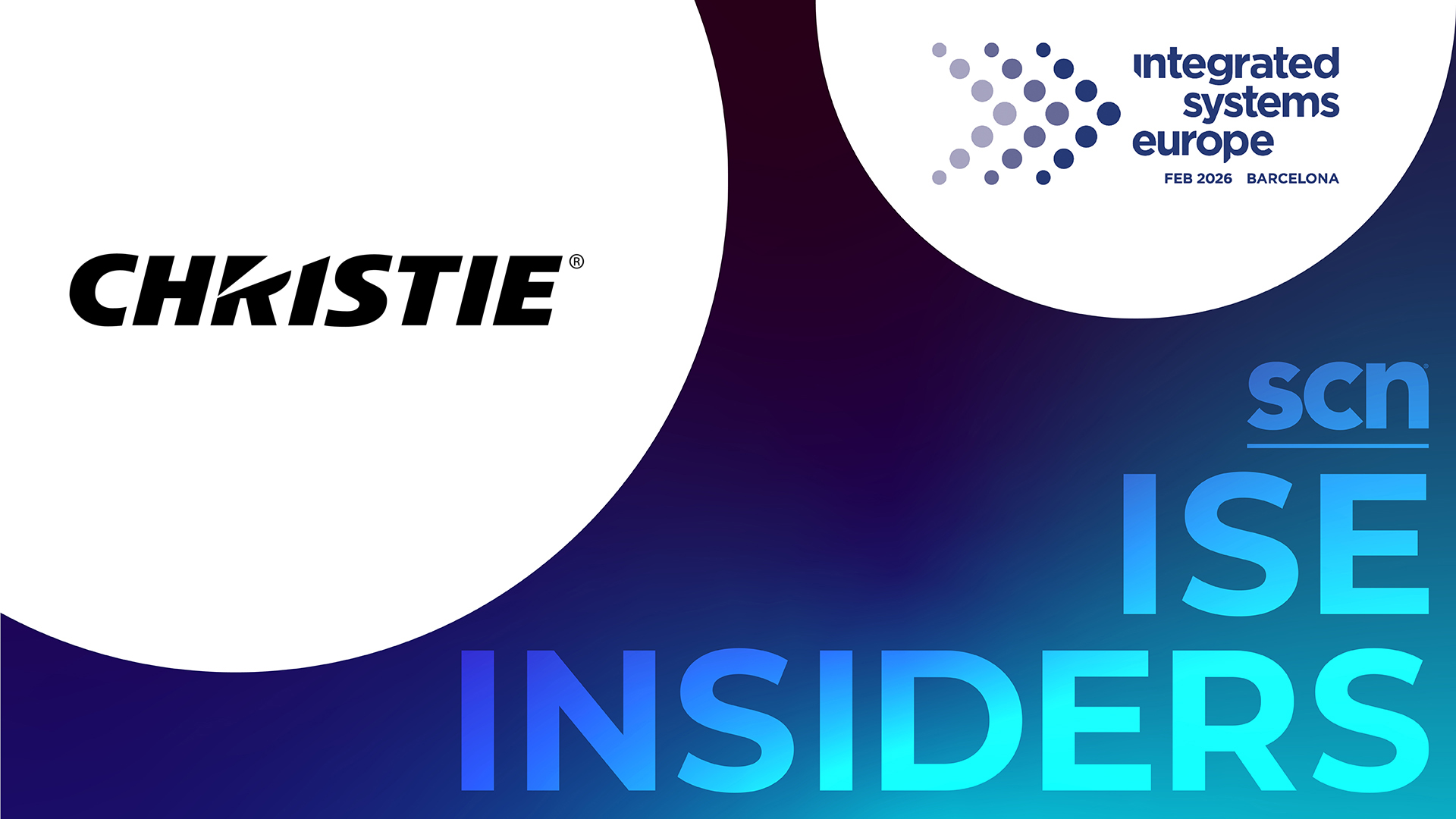Sony’s Future Learning Collaborative Expands Co-Creation Activities With Influential U.S. Universities

Since November 2017, Sony Electronics has worked alongside faculty and administration from 11 colleges and universities in the U.S. to gain a better understanding of the role technology plays in teaching and learning. For the past two years, this group of public and private schools, known as The Future Learning Collaborative, have held regular meetings, summits, and trips to discuss the education landscape and ways to incorporate new technology and design insights that create a more meaningful, collaborative, and engaging learning environment.
Since the Future Learning Collaborative’s launch, higher ed members have tested forthcoming and new Sony technology and helped to influence the design and development of these educational products and solutions, based on real-world input and validation.
In the past year, the focus of the community of practice was to deepen the co-creation between members and Sony, as well as to explore ways to create more active learning opportunities. To meet this goal, member schools have begun implementing “Sandboxes,” a designated learning environment equipped with Sony’s early-stage technology for the purpose of testing, experimenting, and validating potential new applications, use cases, and user experiences. The sandboxes are used as dedicated spaces for testing among faculty and students.
In addition, meetings were held during the group’s “Japan Vision Summit” in Tokyo in March 2019, which provided a collaborative for coalition members to meet with Sony executives and educational leaders from Japanese universities to explore trends, share ideas, and discuss best practices for technology implementation, in addition to offering time to interact with the latest products and solutions and understand Sony’s future goals and global direction. This provided member schools with an opportunity to discuss their vision for instructional design and plan a more strategic alliance with the Sony brand.
“After two years of consistent dialog between Sony and the Future Learning Collaborative, we’re energized and proud of the community we’ve built from the group up,” said Satoshi Kanemura, VP of PPSG of America, Sony Electronics. “We value the deeper discussions we’ve been facilitating as we gain a new level of trust and understanding that goes beyond the traditional customer/vendor relationship. As we look to 2020 and beyond, we seek to collaboratively design the classroom of the future through more extensive sandbox testing. We also remain focused on working together to validate new products and solutions, while surfacing valuable feedback, research, and findings that benefit member schools, Sony, and the education community at large.”
“American University is excited to be part of the sandbox program which allows us to rigorously evaluate cutting edge technologies in authentic learning spaces and settings on-site,” said Kiho Kim, PhD, executive director, Center for Teaching, Research & Learning, American University. “In doing so, we are able to gather real-world assessments of how to best deploy these solutions to enhance student learning.”
“Duke's activity in the sandbox is picking up steam, with active deployment of one technology and plans for tests of another,” said Edward D. Gomes, Jr., senior associate dean, Trinity College of Arts & Sciences at Duke University. “We expect to see immediate value for Duke University once these products are implemented. We are confident Sony and other members of the collaborative will benefit greatly from the results of our joint efforts.”
A daily selection of features, industry news, and analysis for AV/IT professionals. Sign up below.
Recently launched Sony solutions that have been tested in conjunction with Future Learning Collaborative schools include Vision Exchange, for interactive presentations and active learning; Edge Analytics, an AI-based video analytics solution; and the UbiCast interactive video learning solution, among others, in addition to solutions still under development.
Charter members of the Collaborative include experts from the following institutions:
- American University
- Arizona State University
- Dartmouth College
- Duke University
- Houston Community College
- Indiana University
- Montclair State University
- Northwestern University
- San Francisco State University
- University of California San Diego
- University of Central Florida
The AVNetwork staff are storytellers focused on the professional audiovisual and technology industry. Their mission is to keep readers up-to-date on the latest AV/IT industry and product news, emerging trends, and inspiring installations.
